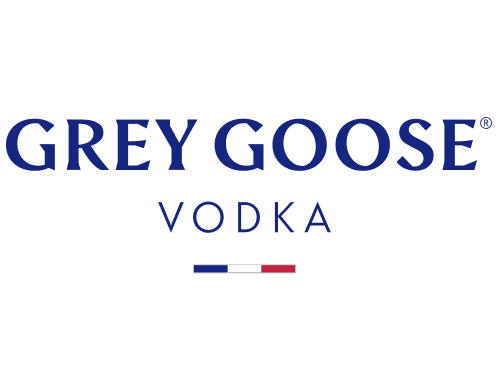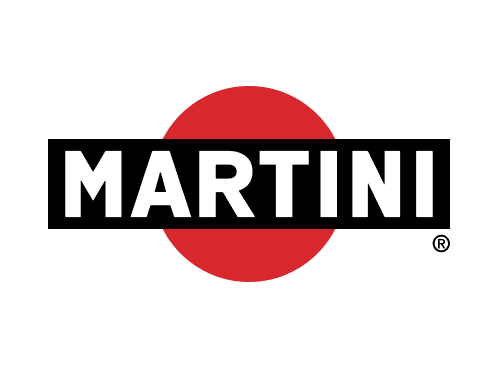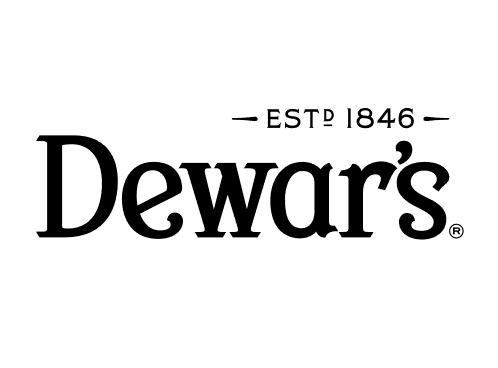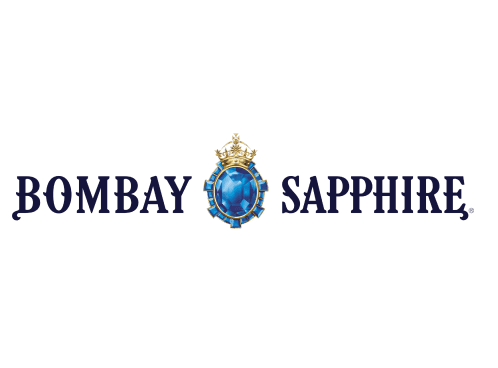Bacardi Demands U.S. Government Revoke License Granted to Cuban Government
February 16, 2016
Bacardi details reasons why Office of Foreign Assets Control should reverse decision to grant Cuban government Havana Club trademark registration
Coral Gables, Fla., February 16, 2016 – As part of continued efforts to defend the legitimacy of its rights and ownership of Havana Club rum, Bacardi has requested the U.S. Office of Foreign Assets Control (“OFAC”) to reverse its decision to grant the Cuba government a license to renew and maintain the Havana Club trademark registration in the United States.
In its submission to OFAC, regarding License No. CU-2015-323837-1 (“License 837-1”), Bacardi explains that it – not the Cuban government – is the current and lawful owner of all rights and claims related to the Havana Club trademark in the United States. That mark was used in conjunction with the Havana Club rum business by the original owner, Jose Arechabala S.A. (“JASA”), which founded the company in 1878 in Cuba. JASA sold Havana Club rum in the United States after the brand was created in 1934 until the business was forcibly confiscated by the Cuban government in 1960. Bacardi obtained its ownership interest in the Havana Club mark through a lawful and OFAC-licensed transaction with JASA. Bacardi has been selling Havana Club rum in the United States since the mid-1990s.
In fact, Bacardi is the only entity authorized to sell Havana Club rum in the United States, and has an application pending in the U.S. Patent and Trademark Office (“USPTO”) to register the Havana Club trademark on rum (Application No. 74/572,667) which has been on hold because of Cuba’s registration and its pending cancellation.
The Bacardi submission to OFAC details a history of fraud committed by the Cuban government in obtaining and renewing the Havana Club registration, including failing to disclose in its 1976 application that it had confiscated JASA assets. The fraud culminated around 1996 when Cuba attempted to transfer its rights in the U.S. registration to a joint venture company half owned by Pernod Ricard. Cuba misled OFAC into granting a license authorizing this transaction by failing to inform OFAC that the joint venture was half owned by non-Cubans. When OFAC learned of the fraud, it revoked the license retroactively, in accordance with the Cuban Assets Control Regulations (CACR) and to prevent the enrichment of the Cuban government. Again, in 2006, OFAC properly denied Cuba a license to renew its registration, recognizing it was contrary to U.S. law and policy.
“OFAC’s decision to grant the license to the Cuban government reverses it prior decision in 2006 to deny that very same license and contradicts its own defense of that decision in various U.S. courts,” says Eduardo Sánchez, senior vice president and general counsel, Bacardi. “OFAC has acted in violation of well-settled U.S. law and Congressional intent in a covert action that is unjustified in law. We request that OFAC revoke License 837-1 retroactively to prevent Cuba – and its business partner Pernod Ricard – from their continued trafficking in illegally confiscated property.”
In past defense of its 2006 decision to deny a license to the Cuban government, the then-Director of OFAC testified that it was OFAC’s determination that “the Havana Club trademark constituted a mark… that is the same as of substantially similar to a mark… that was used in connection with a business or assets that were confiscated,” that Bacardi was the successor-in-interest to the rights in that mark, and that neither Bacardi nor JASA ever consented to Cubaexport’s (an entity controlled by the Cuban government) registration of the mark.
Bacardi contends that Congress has made clear its refusal to recognize rights in marks and trade names in conjunction with confiscated businesses, except with the agreement of those who suffered those confiscations. The U.S. has had a long-standing policy of non-recognition of foreign confiscations, including trademarks. And U.S. law and policy also disfavors joint ventures with the Cuban government involving U.S. property – such as trademarks – which was associated with a confiscated business.
“OFAC’s decision to authorize Cuba’s renewal of the stolen Havana Club mark encourages exactly the type of joint venture that Congress plainly intended to discourage and makes it easier for Cuba and its business partner to facilitate traffic in stolen property for prohibited purpose,” adds Sánchez. “OFAC should comply with the letter and spirit of U.S. law and revoke Cuba’s license.”
Bacardi also argues that none of the recently announced policy changes toward Cuba remotely suggest that the United States should set aside well-established law and ignore the Congressional mandate of Section 211 to protect the rights of confiscated property owners and their successors. To the contrary, the Administration’s announced changes are all aimed at helping the Cuban people “gain greater economic independence from the state” and the Administration has never disclosed to the public the intent of surrendering expropriated properties or expropriation claims. The Administration should uphold the law and its public policy goals – and the victims of expropriation should not be victimized a second time. OFAC’s decision should be reversed.
Bacardi has been a long-time supporter of trademark rights for legitimate trademark holders and remains committed to defending the fundamental rights against confiscations without compensation. The company supports both legislation and legal action to uphold the principle of protection of trademarks and ensuring trademarks that have been confiscated by the Cuban government without the consent of their rightful owners not be recognized by the international community.
Bacardi will continue to pursue all the necessary legal and other actions regarding its rights and ownership of Havana Club rum. As the company has maintained all along, Bacardi is the legitimate owner of the brand.
About Bacardi
Bacardi, the largest privately held spirits company in the world, produces and markets internationally recognized spirits and wines. The company boasts a portfolio of some of the most iconic and top-selling spirits brands including BACARDÍ® rum, GREY GOOSE® vodka, DEWAR’S® blended Scotch whisky, BOMBAY SAPPHIRE® gin, CAZADORES® 100% blue agave tequila, MARTINI® vermouth and sparkling wines, and other leading and emerging brands.
Founded 154 years ago in Santiago de Cuba on February 4, 1862, family-owned Bacardi manufactures its brands at 29 facilities and sells in more than 160 countries. Based in Hamilton, Bermuda, Bacardi Limited refers to the Bacardi group of companies, including Bacardi International Limited. www.BacardiLimited.com









